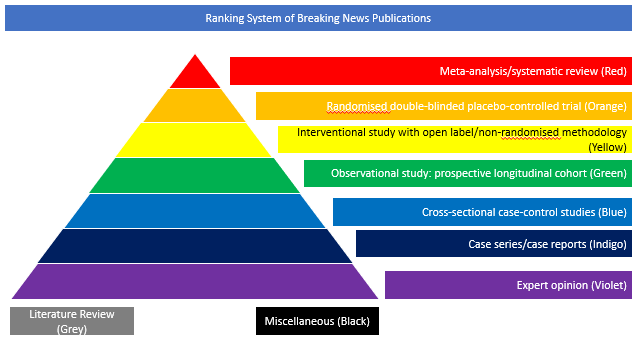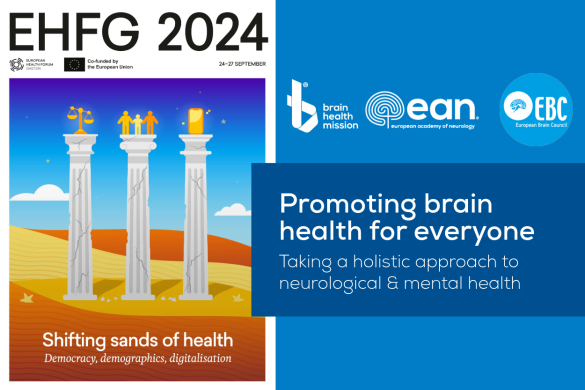Cross-sectional case-control studies (Blue)
The understanding of risk factors for COVID‑19, including pre-existing medical conditions and genetic variations, is limited. To what extent the pre-existing clinical condition and genetic background have implications for COVID-19 still needs to be explored. In this study, 389,620 participants of European descent from the UK Biobank, of whom 3,884 received the COVID-19 test and 1,091 tested positive for COVID-19 were included. The authors examined the association of COVID-19 status with an extensive list of 974 medical conditions and 30 blood biomarkers. Additionally, they tested the association of genetic variants in two key genes related to SARS-CoV-2 infection, ACE2 and transmembrane protease serine 2 (TMPRSS2), with COVID-19 or any other phenotypes. The most significant risk factors for COVID-19 include Alzheimer’s disease (OR = 2.29, 95% CI: 1.25–4.16), dementia (OR = 2.16, 95% CI: 1.36–3.42), and the overall category of delirium, dementia, amnestic and other cognitive disorders (OR = 1.90, 95% CI: 1.24–2.90). Evidence suggesting associations of genetic variants in SARS-CoV-2 infection-related genes with COVID-19 (rs7282236, OR = 1.33, 95% CI: 1.14–1.54, p = 2.31 × 10−4) and other phenotypes, such as an immune deficiency (p = 5.65 × 10−5) and prostate cancer (p = 1.1 × 10−5), was obtained.
The authors concluded that their unbiased and extensive search identified pre-existing Alzheimer’s disease and dementia as top risk factors for hospital admission due to COVID-19, highlighting the importance of providing special protective care for patients with cognitive disorders during this pandemic. They also obtained evidence suggesting a direct association of genetic variants with COVID-19.
DOI: https://doi.org/10.1016/j.bbi.2020.10.019













